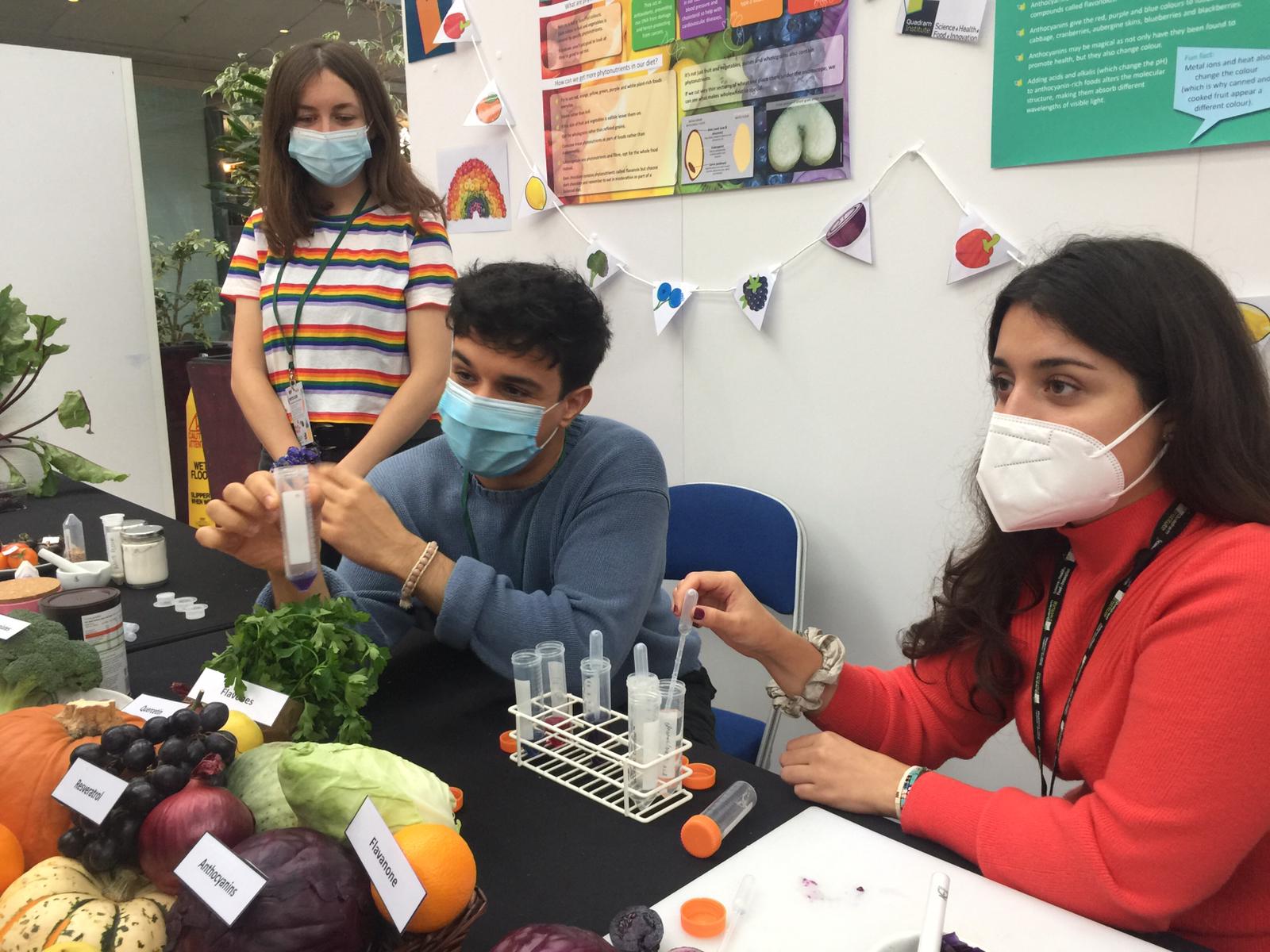Around 55,200 new cases of breast cancer are diagnosed in the UK every year, making it the UK’s most common cancer. To combat this disease, it is vital to develop novel therapeutic and preventative strategies.
Emerging research has shown that the gut microbiota plays a pivotal role in breast cancer initiation, pathogenesis as well as treatment efficacy. As such, modulating the gut microbiota – to restore and promote gut homeostasis – is an attractive, non-invasive therapeutic avenue. My research PhD will employ multidisciplinary skills to assess mechanisms underpinning the gut-tumour axis and provide dietary intervention strategies, such as potential probiotic strains and prebiotics to modulate the gut microbiome. Skills, attained through 10-week rotation projects, have been topical and indispensable for my current and future work, including metabolomics skills which I am now harnessing to identify potential gut microbiota-derived anti-tumorigenic metabolites. In addition, the EDESIA rotation PhD scheme has promoted cross-institute collaborations for my project – harnessing the plant science expertise at John Innes Centre, as well as expertise in microbiome research and pre-clinical studies at the Quadram Institute. Overall, the overarching aim for my PhD project is to define a cancer-protective microbiome so that therapeutic strategies involving probiotics and prebiotics can be employed, most-likely supplementing existing cancer treatments.

)